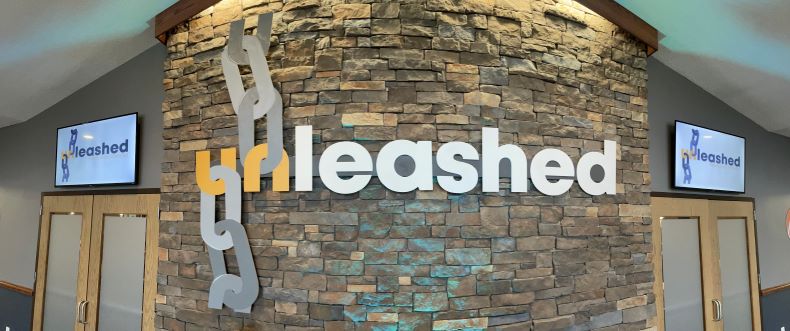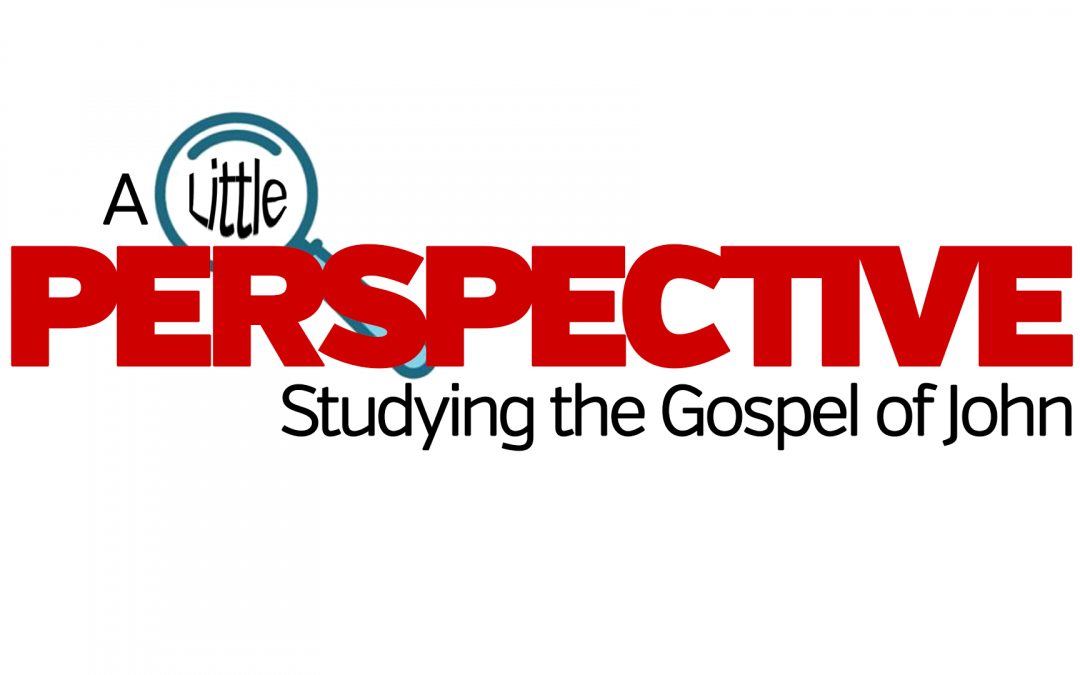
The Temple Unleashed
A few months ago I was invited to lead our district camp planning team in a devotional time. I had recently finished teaching a class at church on the Gospel of John and felt compelled to talk about Jesus clearing the temple in John 2 (which I wrote a little about here). I talked to the team about Jesus’s theological work, unveiling himself as the new temple. The temple had long been the home for God on earth, but now that Jesus was here in the flesh, God was walking and talking and laughing and crying with his beloved creation. Jesus was God on earth.
But we had to take the conversation one step further.
Jesus wasn’t going to be walking the earth in human form forever, as we know. Actually, we’re coming up on Ascension Day in the Christian calendar in which we celebrate Jesus being taken into heaven in Acts 1. So we know Jesus-in-the-flesh isn’t long for this world.
So what happens with that new temple? Well, do you have a mirror?
In our current Unleashed series, we’re highlighting some ways the events of Easter weekend have unleashed us to live. Unleashed to live an abundant life. Unleashed to live in unmatched power. Unleashed to live in bold love. When Jesus took our sins upon himself on the cross, the curtain in the temple that separated people from God’s presence ripped in two (Matthew 27:50-51). Suddenly, God’s presence was available to all.
It was in that moment of unleashing that the new temple process began.
The temple had several distinct areas. In the outermost area was the Court of Gentiles. It’s the closest non-Jews could get to the Holy Place. Inside of that outer area was the Court of Women. Jewish women could get closer to God’s presence than Gentile men and women, but not as close as Jewish men. Next was the Hall of Israelites (men), and further inside still, the Hall of Priests.
In other words, there were lots of barriers besides just the temple curtain. Really, getting close to God was reserved for: Jewish > Male > A Priest from the House of Levi > The High Priest. God’s presence seemed to be for a very select group of people.
The ripping of the curtain was the breaking down of barriers and the unleashing of a new and powerful life for EVERYONE who belongs to Christ.
But when the curtain ripped, things changed. Suddenly, as far as God’s power and presence were concerned, there was no longer Jew or Gentile, slave or free, male or female (Galatians 3:28). The ripping of the curtain was the breaking down of barriers and the unleashing of a new and powerful life for EVERYONE who belongs to Christ. It wasn’t even priests who had to be the mediators. Now it was for the priesthood of believers!
So what does this have to do with the new temple? Well, the temple was the home for God on earth, then Jesus was God on earth, and then Jesus broke down the barriers of the temple in order that WE would become the home for God on earth.
You are the new temple. So am I. That’s why this Unleashed series is so important. We have a holy duty to fulfill.
I mentioned the process beginning on Easter, because it really comes home in a few weeks at Pentecost. On this Sunday, we celebrate the unleashed Spirit of God settling into his new home: the believers.
So, you’ve got big shoes to fill. After all the last temple was Jesus himself. But his spirit is here to help you live into your holy calling. You are the temple. And you have been unleashed.





Recent Comments